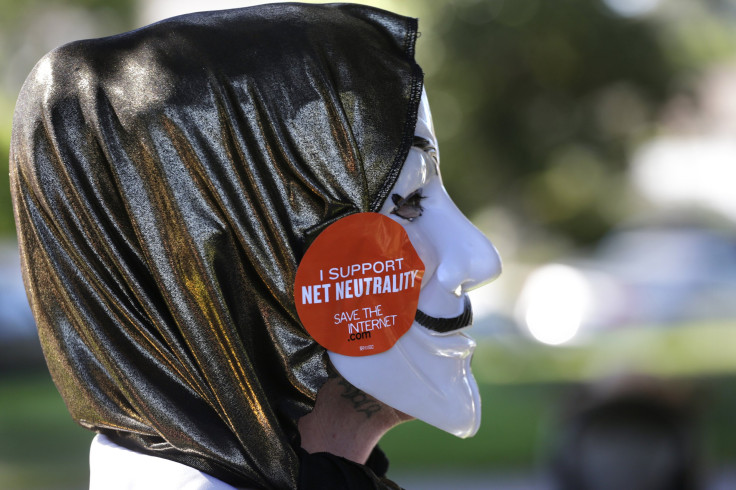Net Neutrality: Democrats Ensure FCC Rules, Much To The Dismay Of Republicans (And ISPs)

The Federal Communications Commission (FCC) is expected to approve regulation classifying the Internet as a public good on Thursday, as Republicans give up on efforts to derail the plan. The move will reclassify broadband providers as “common carriers,” meaning they will have to adhere to net neutrality guidelines and other rules under Title II of the Communications Act.
Americans submitted nearly 4 million public comments opposing the FCC's former plan -- to allow Internet service providers (ISPs) to offer what President Obama criticized as "fast lanes" for online services willing and able to pay for them. Sen. John Thune (R-SD), chairman of the Senate Commerce Committee, has said that Democrats were largely aligning with Obama’s proposal and unwilling to waver, which would make it difficult to change whatever the FCC votes on.
“We’re not going to get a signed bill that doesn’t have Democrats’ support,” Thune told the New York Times. “I told Democrats, Yes, you can wait until the 26th, but you’re going to lose the critical mass I think that’s necessary to come up with a legislative alternative once the F.C.C. acts.”
The battle over net neutrality includes a number of small Internet companies that say paid “fast lanes” would hamper competition and give bigger players an unfair advantage. Companies that have come out in support include Twitter, Tumblr, Etsy and Reddit, while providers like Comcast, Verizon and TimeWarner Cable claim the plan could increase broadband prices and harm consumers in the long run.
Some lobbying groups that oppose the plan, such as American Commitment, say it amounts to a “federal takeover of the Internet” that places “unaccountable bureaucrats in control” of the Web’s future, Politico reports.
The current plan would classify ISPs as common carriers both to consumers as well as “edge providers,” or content companies like Netflix, whose offerings are delivered online. The move is meant to allow the FCC to enforce the rules when edge providers claim they are being treated unfairly by ISPs. Google argues that the two-fold net neutrality plan could help ISPs charge content companies to transmit their content, Ars Technica reported.
"[T]his issue must be viewed in light of the efforts by some ISPs, particularly abroad, to claim that they provide a service to content providers for which they should be able to charge under a 'sender pays' model—while still charging their retail customers for the same traffic," Austin Schlick, Google's director of communications law, wrote in an FCC filing. "To the extent the Commission encourages the falsehood that ISPs offer two overlapping access services instead of just one. ... That could do serious, long-term harm to the virtuous circle of Internet innovation, thus greatly undermining the benefit of adopting net neutrality rules."
The FCC’s plan is expected by many, including chairman Tom Wheeler, to be challenged in court. Smaller cable companies argue that they will be disproportionately affected by the rules, according to the Washington Post.
© Copyright IBTimes 2024. All rights reserved.




















